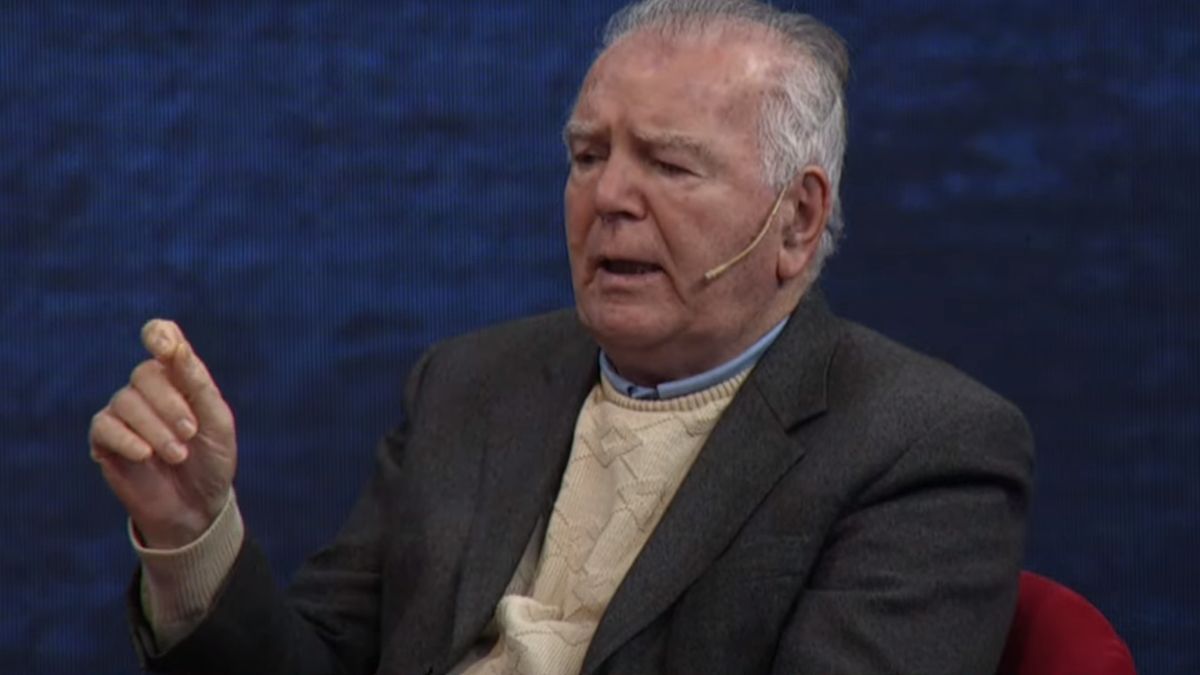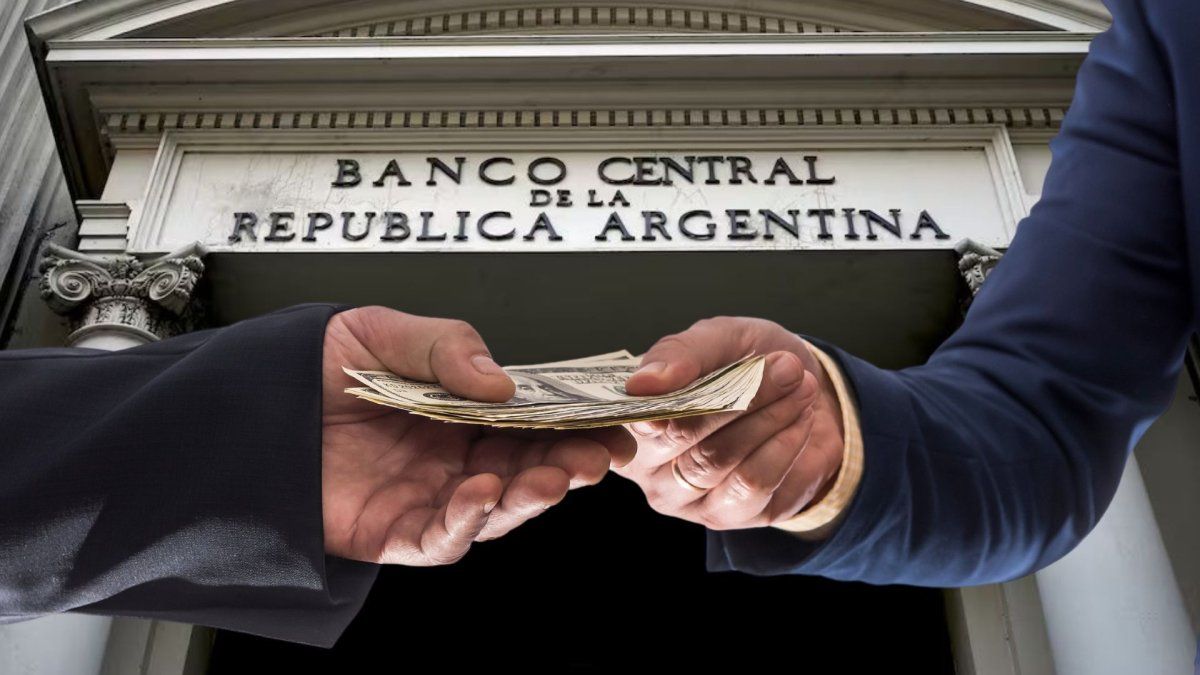In fact, the president’s latest messages on his Twitter account are exclusively related to the issue. “The Family Code is the hope of thousands of people marked by painful stories of exclusion and silence. Human beings who have suffered and suffer from the gaps in our laws. On September 25 I vote Yes. For them and for Cuba”, was one of his last writings.
There will be more than 8 million Cubans over the age of 16 who can vote, voluntarily and secretly, to validate a law for the first time in a referendum, in this case on one of the 70 legal norms that must be updated based on the new Constitution.
The island has already had three other referendums but they were to approve or reject constitutional reforms and never before for a law, as in this case.
“Do you agree with the Family Code?”, will be the only question of the consultation. The regulation will be endorsed if it reaches the majority vote of the valid ballots issued by the voters, that is, 50 plus one percent of the ballots.
The project of the Family Code, which can replace the current one of 1975, includes the figure of marriage as a union of two people regardless of sex -one of the points most questioned by the opposition of the Church- and the chance of legal adoption of children by homosexual couples.
It also legalizes the possibility of lending the womb so that people “united by family or emotionally close ties”, unable to have children, can form a family, including “single men or couples of men”, without “remuneration, gift or other benefit, except for the legal obligation to give food in favor of the conceived” and to compensate the expenses generated by the pregnancy and childbirth.
This code also protects vulnerable sectors of society such as the disabled; defines family sexual and gender violence, and introduces the possibility that minors are under the responsibility of several parents or grandparents and close relatives.
The new text makes an explicit recognition of the right to care, extends protection to children and adolescents, reinforces urgent protection against discrimination and violence, and extends the possibility of reporting acts of this nature.
In addition, it outlines personal content standards for the exercise of parental responsibility and provides for the review of all disability declaration files, as well as the guardianship of persons of legal age constituted under the Family Code in force up to now.
The Conference of Catholic Bishops of Cuba criticized this month the so-called “gender ideology”, which, for the Church, supports many precepts contained in the new legislation, such as same-sex marriage, surrogacy and the possibility that minors can initiate a clinical process to change their sex.
“Every child is a gift and an end in itself; it is a child’s right to have a father and a mother. It is unethical for the so-called ‘solidarity gestation’ to be recognized as adequate, in which a woman carrying in her womb for nine months a child should be handed over immediately after birth to other people,” the Conference said in a statement.
The ruling party carried out an intense campaign in favor of going to vote, fearful that abstentionism would end up expressing a complaint about the complex immigration situation and the socioeconomic crisis that the country is going through, especially due to the still marked consequences of the Covid-19 pandemic. 19.
The Constitution, submitted to a referendum in 2019, was supported by 78.3% of the electoral roll, the lowest electoral result since the triumph of the Cuban revolution in 1959.
A key voice in the process of drawing up the new Code was that of Mariela Castro, deputy and head of the Center for Sex Education (Cenesex), who admitted that she had “never imagined that this moment in history would come about,” because of the ” unprecedented revolutionary leap” that the new Code means.
“The Cuban Revolution was a transforming milestone in the world, but no Revolution is perfect, since it is a path of learning. This moment is a milestone in the history of the Revolution, and I am sure that many countries will later be inspired by Cuba, for its democratic exercise, of transparency,” said the daughter of former President Raúl Castro, according to the Cubadebate site.
Source: Ambito
David William is a talented author who has made a name for himself in the world of writing. He is a professional author who writes on a wide range of topics, from general interest to opinion news. David is currently working as a writer at 24 hours worlds where he brings his unique perspective and in-depth research to his articles, making them both informative and engaging.




